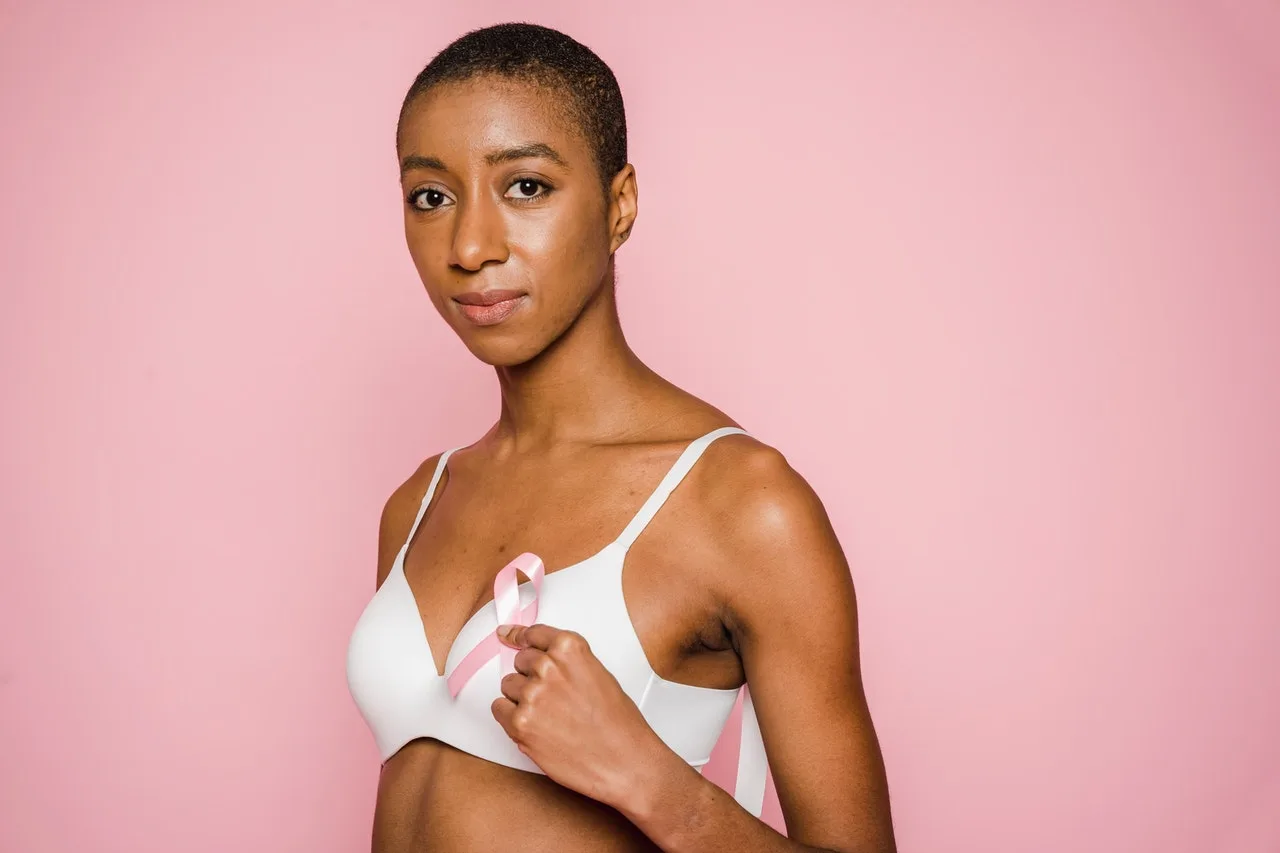In a world that is rapidly embracing artificial intelligence (AI), the breast health sector is no exception. Image interpretation is just one of the areas where AI has been at the forefront of computerization, and the prime target for its computerized analysis is mammography.
Science, tech and breast cancer
Mammography is the ‘gold standard’ for early detection. A study published in The Lancet Oncology showed that AI-enhanced mammography interpretation is at least as good as human interpretation. The results of the study looked at AI-supported versus standard human double-reading of screening mammograms in 80,000 women. The results showed that there was a trend towards more cancers being detected in the AI-enhanced group versus the human readers, while there was no difference in the number of false positives.
This is a major breakthrough.
Early Detection and Technology
“In screening mammography, there are two major problems,” says Dr. Justus Apffelstaedt, a surgeon with a special interest in breast health.
“One is, obviously, the risk of missing a breast cancer. The second is a false positive. This is where a patient is told to come back for reassessment in 6 months or where a biopsy is performed, and the lesion is found to be benign. For the last couple of months, we have been working with the latest generation of AI-enhanced mammography interpretation. The difference is remarkable in that prior systems had way too many false positives while, on the other hand, missed some subtle cancers. The AI-assisted mammography not only improves time efficiency but also the accuracy of mammography interpretation.”
Genetic testing
One recipient of early diagnosis is Goete du Plooy. At the age of 33, she was diagnosed with Stage 2 breast cancer in the left breast.
“My grandmother was diagnosed with breast cancer at 80 years old and has been in remission for over 10 years. So, whilst I always had it in the back of my mind that I should get checked, I never really did. Towards the end of October 2023, I noticed a noticeable lump, but as I went through surgery and treatment, I realised I had overlooked some early signs like “ripply” skin and a bit of discharge from my nipple.”
“As Goethe is considered young for a breast cancer diagnosis, we explained what the benefits of genetic testing would be for her treatment plan,” says Dr. Fatima Hoosain, the specialist surgeon who treated du Plooy.
“Her results were negative, meaning that she did not carry the BRCA gene and therefore the treatment plan could be a unilateral mastectomy. Goethe opted for a skin, nipple and areola-sparing bilateral mastectomy with reconstruction. After surgery, testing showed that the tumor was grade 3, so chemotherapy was then suggested to kill any floating cancer cells, as an “insurance” against recurrence.”
“I believe it’s crucial for all women, regardless of age or family history of cancer, to go for annual screenings,” says du Plooy.
“Early detection can make a significant difference. If you notice even the slightest lump or change, it’s important to get it checked out right away. It’s always better to be certain that it’s nothing than to face a later diagnosis.”
Biological agents
Theresa Barnes (63) was diagnosed with Stage 3 breast cancer in November 2020.
“I had an ultrasound, but unfortunately this took a while to get an appointment because I first became aware of the lump in October, which is breast cancer awareness month, and I had to call many radiologists to get an appointment for the ultrasound and the biopsy. I did this on my own without the supervision of a doctor, so was referred to Dr. Hoosain post my biopsy. I wish I had gone to Dr. Hoosain first. Once I was in the care of Dr. Pienaar (Oncologist) and Dr. Hoosain (Surgeon) the treatment plan was to start 4 sessions of ‘Red Devil’ chemo in November 2020, followed by 12 sessions of another chemo.”
Barnes’ treatment was followed by a mastectomy of her right breast and a reconstruction in July 2021. She then had 15 sessions of radiation and a year of Herceptin, which is a biological agent that is different to chemo.
The future of breast cancer treatment and technology
“Science has brought us biological agents,” says Dr. Hoosain.
“Unlike traditional chemotherapy, these are made from living cells and include antibodies that target cancer cells or boost the immune system. They are highly effective with fewer side effects but can only be used if a tumour expresses a specific characteristic, making them unsuitable for all breast cancers.”
Dr. Hoosain. adds that while these advancements are a breakthrough in cancer treatment, biologics are costly. In fact, newer drugs in this class are either unavailable or expensive, and many medical schemes don’t cover them yet.
Research into breast cancer treatments is ongoing. As one of the most diagnosed cancers in the world, there is a global focus on continuing research to find treatments that allow those diagnosed to lead a normal life. If found early, breast cancer is a curable disease.
Read more from specialists about breast cancer
Learn more from Dr. Justus Apffelstaedt about breast cancer;
- Does Hormone Replacement Therapy (HRT) Increase Your Risk of Breast Cancer?
- Sexual Health and Breast Cancer: Let’s Talk Intimacy
- Breast Cancer and Diet: 7 Facts You Need To Know
- The Impact of Breast Cancer Treatments on Bone Health
References
Lång, K., Viktoria Josefsson, Larsson, A.-M., Larsson, S., Högberg, C., Sartor, H., Solveig Hofvind, Andersson, I. and Rosso, A. (2023). Artificial intelligence-supported screen reading versus standard double reading in the Mammography Screening with Artificial Intelligence trial (MASAI): a clinical safety analysis of a randomised, controlled, non-inferiority, single-blinded, screening accuracy study. Lancet Oncology, 24(8), pp.936–944. doi:https://doi.org/10.1016/s1470-2045(23)00298-x.



![women [longevity live]](https://longevitylive.com/wp-content/uploads/2020/01/photo-of-women-walking-down-the-street-1116984-100x100.jpg)










